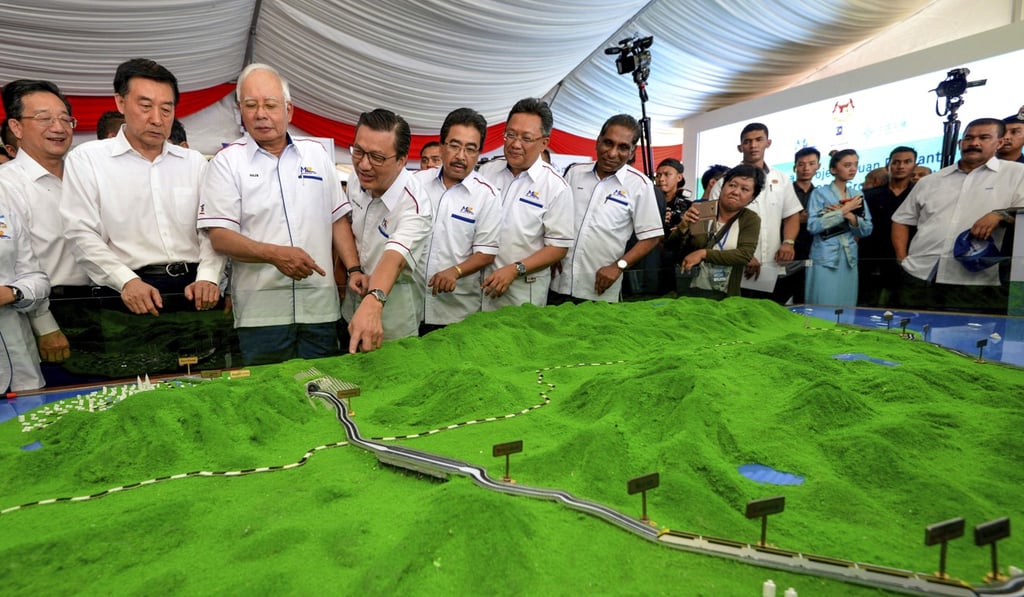Water war brews as Malaysia’s Mahathir wants Singapore to cough up more
Leaders of the neighbouring nations seem to want to keep up friendly ties – a far cry from the hawkish days of Mahathir’s first stint in power – but there’s the little issue of this bill

After all, there was good reason for Singaporean Prime Minister Lee Hsien Loong to believe his 93-year-old counterpart would not return to the hawkish approach towards the city state that marked the “Mahathir 1.0” era from 1981 to 2003.
In a closed-door speech delivered at the Pyramid Club – the invite-only establishment comprising members from Singapore’s political elite – Malaysian economic affairs minister Azmin Ali strongly reiterated that his boss wanted to strengthen ties of kinship with the city state.
Bilateral ties had grown during the nine-year tenure of Mahathir’s predecessor Najib Razak.
Later, on social media, Azmin wrote that he told Lee “Dr Mahathir placed great importance on enhancing bilateral ties with Singapore”.
The minister’s visit also saw both sides inch closer towards a surprise agreement on deferring for two years a high-speed rail link between Kuala Lumpur and Singapore, instead of it being cancelled, as Mahathir declared soon after his May 9 election victory.
